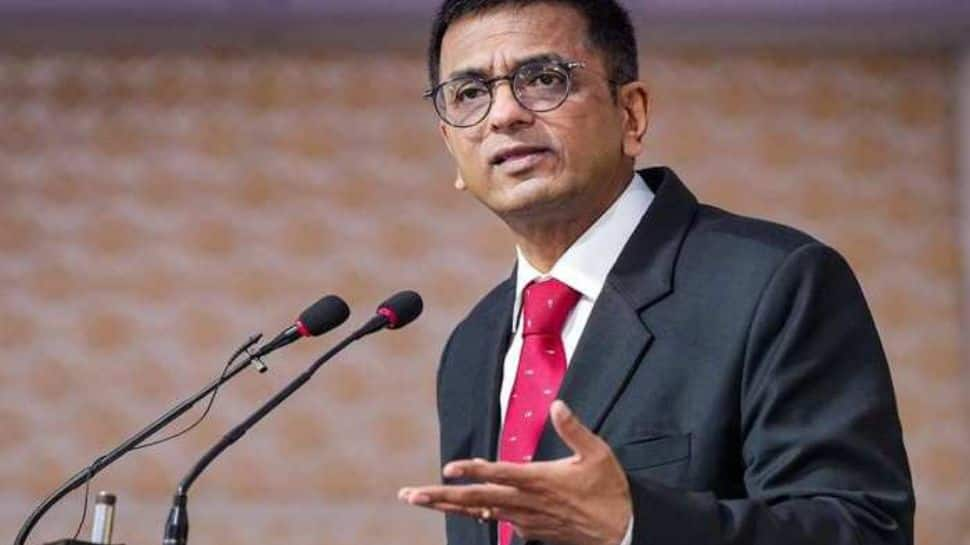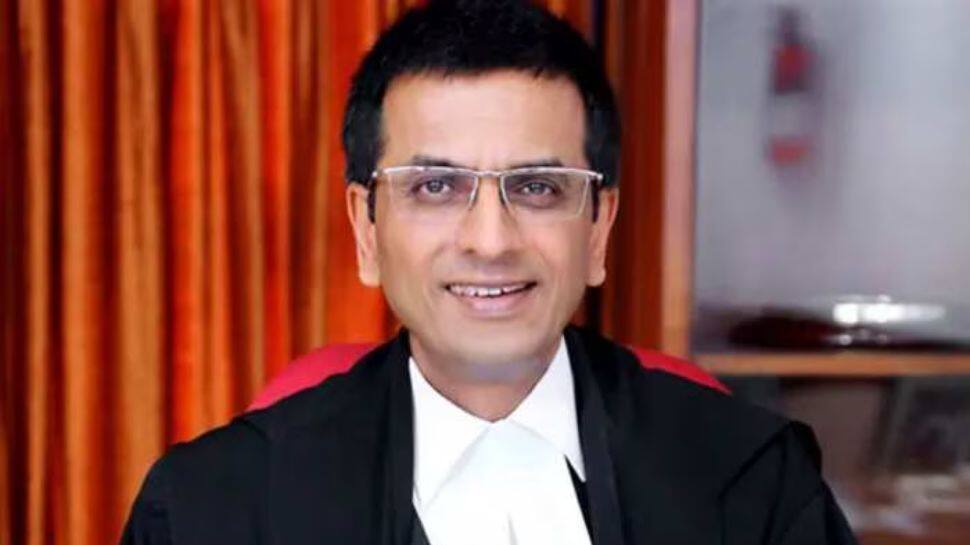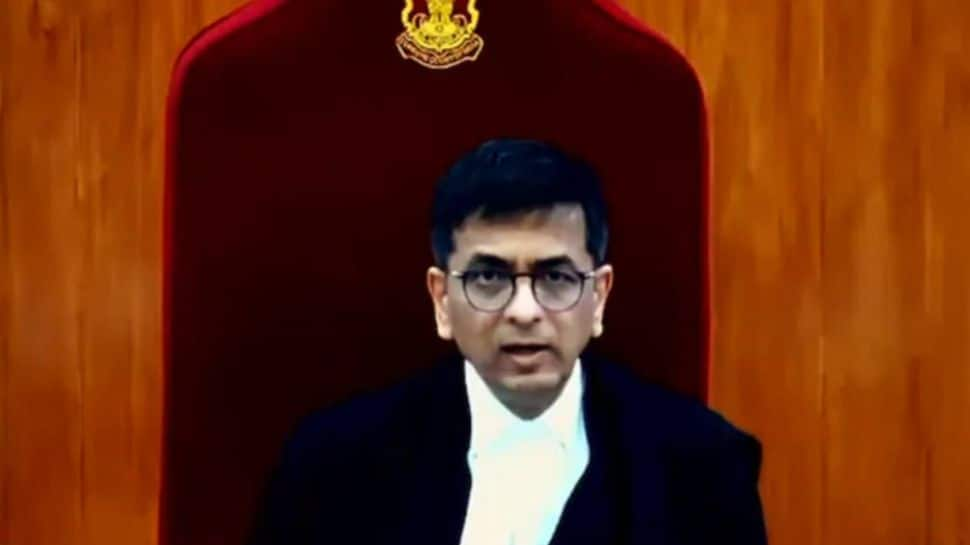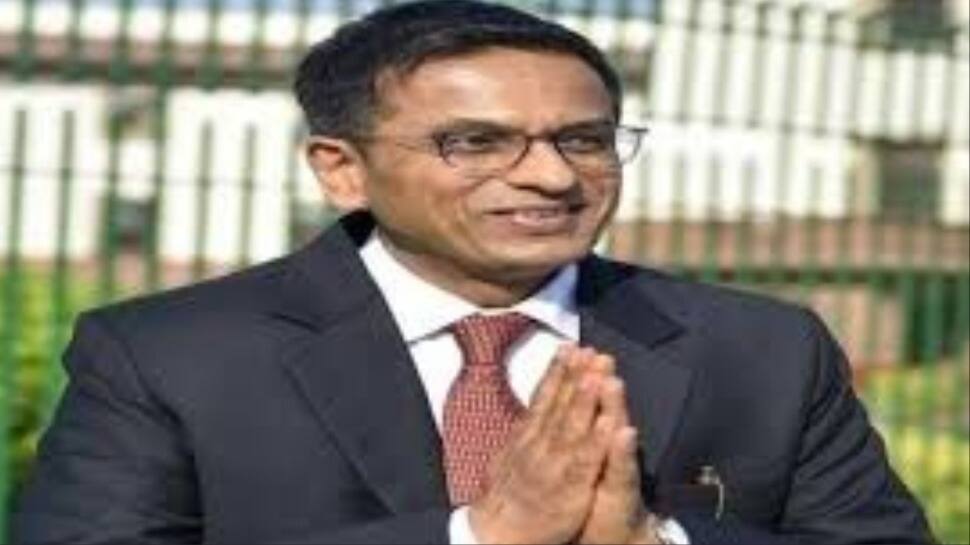Article 370 To Same Sex Marriage: 6 Key Judgments By Outgoing CJI Chandrachud
)
In December 2023, a five-judge Constitution bench led by Chief Justice Chandrachud upheld the scrapping of Article 370, which had granted Jammu and Kashmir special status within the Indian Union. Justice Chandrachud noted that Article 370 was a temporary provision aimed at facilitating Jammu and Kashmir's integration into India.
While upholding its abrogation, the court stressed the need for the restoration of statehood and directed the holding of Assembly elections in Jammu and Kashmir by September 2024.

In October 2023, Chief Justice Chandrachud's bench ruled on the matter of same-sex marriage, asserting that while there is no unqualified right to marriage, the legal recognition of same-sex unions was a matter for the legislature.
While the court did not grant marriage equality, it recognized the difficulties faced by queer couples in accessing basic services, urging the government to address these issues. The ruling emphasized the role of Parliament in enacting laws on the matter.

Chief Justice Chandrachud led a bench that ruled against caste-based discrimination in prisons, particularly targeting practices like the segregation of prisoners based on caste and de-notified tribe status.
The court ordered that prison manuals across states be amended to ensure that all incarcerated individuals are treated with dignity, regardless of caste or background, stressing that the right to live with dignity applies even to prisoners.

In response to a series of paper leaks, Chief Justice Chandrachud's bench ruled against the cancellation of the 2024 NEET UG exam for medical college admissions.
The court found that the leaks were not widespread or systemic enough to compromise the integrity of the exam. However, the bench clarified that its ruling would not prevent authorities from taking action against candidates involved in malpractice.

Chief Justice Chandrachud led a bench that upheld the validity of a 2004 Uttar Pradesh law regulating the functioning of madrasas.
The court dismissed the Allahabad High Court's finding that the law violated the principle of secularism, stating that state regulation of educational standards in madrasas does not interfere with their administration or religious freedoms.

In October 2023, the Supreme Court under Chief Justice Chandrachud upheld Section 6A of the Citizenship Act, which grants citizenship to Bangladeshi refugees who entered India before 1971, in line with the Assam Accord.
The court dismissed challenges to the provision, maintaining its constitutional validity and reinforcing the recognition of refugees who arrived before the 1971 Indo-Pakistani war.

